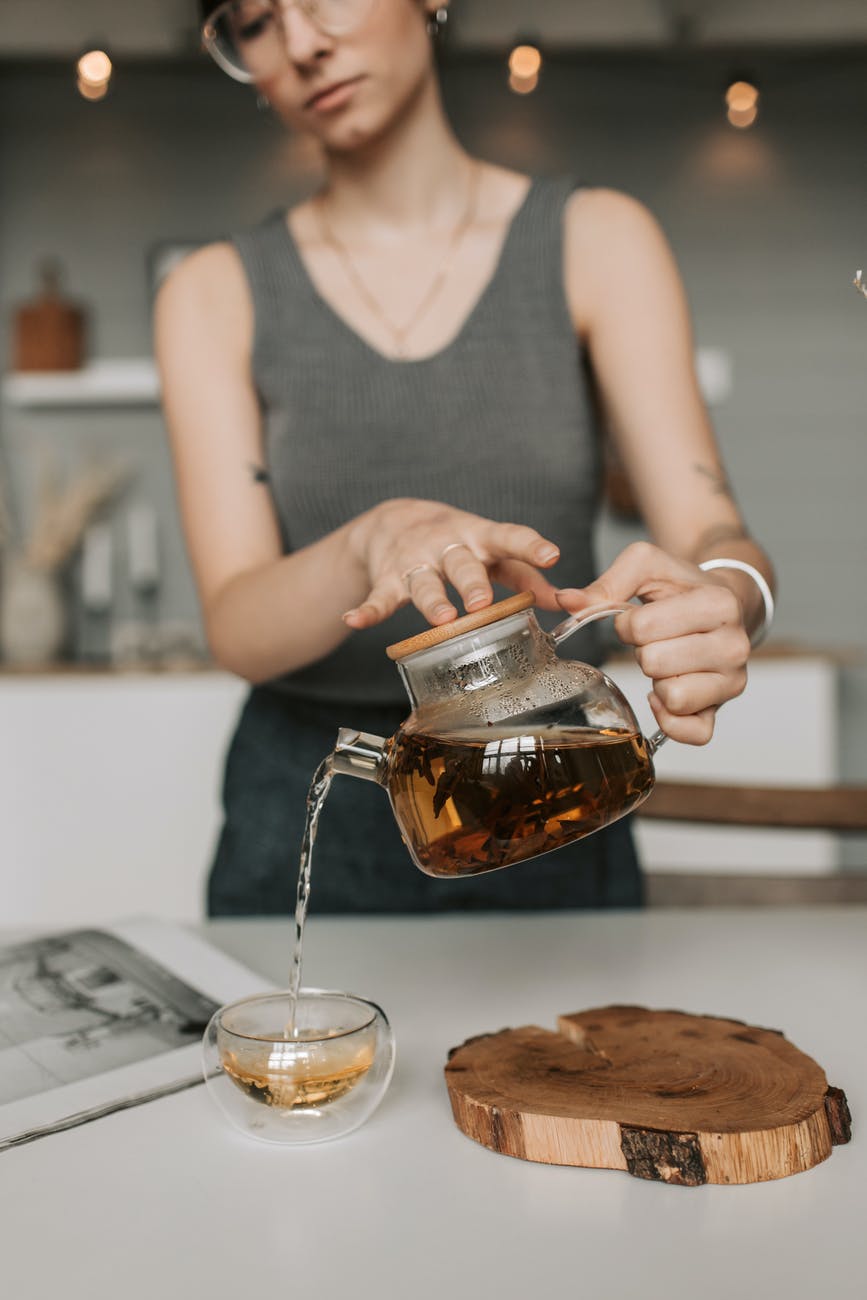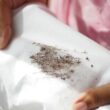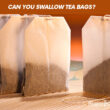Table of Contents Show
Black tea is one of the most popular types of tea in the world, with a particularly strong reputation in the West. This popularity is most likely due to the flavor and its capacity to last a long period.
Black tea’s popularity may be due to its numerous health benefits. We’re not surprised because we enjoy black tea as well. We discovered a burning question in the minds of aspiring black tea lovers. Is black tea a bitter beverage? If you’re interested in learning more about this topic, keep reading.
Yes, black tea can taste bitter and this bitterness is caused by several things. However, its bitterness is primarily due to the bitter compounds in it which are caffeine and theobromine.
Black tea is gotten from the leaves of a bush, known as camellia Sinensis. Although there are varieties of black tea, most of them are produced in India, Sri Lanka, and Africa.
The process of producing black tea involves allowing the leaves to oxidize, and then it is processed and dried. Black tea contains caffeine, as well as antioxidants and other stimulants, all of which makes black tea very nutritious and full of health benefit. Although black tea contains caffeine, it is not as much as that coffee itself.
Root Causes Of Bitterness In Black Teas
Black tea can indeed be bitter; however, we found out that not all black teas taste bitter, there is a black tea that is without the bitter taste, although, the majority of the black tea you will find can be bitter. If you find that your black tea is bitter then several reasons are so.
The following are reasons your black tea tastes bitter:
1. The Presence Of Bitter Compounds
There are compounds in the black tea leaves, which naturally make the black tea bitter, these compounds are caffeine and theobromine and they are both natural stimulants. The Camellia Sinensis leaves make use of these bitter compounds to protect themselves from insects.
Apart from caffeine and theobromine, polyphenols and tannins are the other compounds found in black tea that, although these are good for human health, are known to give a bitter and unpleasant taste when they are available in large quantities.
These compounds are mostly available and in large quantity in the summer and autumn, this is because the black tea leaves protect themselves more during this time. Black tea planted in the summer and autumn attracts more insects than the ones planted in spring.

2. High-Temperature Brewing
The bitter compound present in black tea is not easily dissolved in water. Although it is recommended that you make use of boiling water for steeping your black tea, what you do not know is that the hotter your water is, the more the bitter compound dissolves into the water.
The truth is you never know which black tea has the bitter compound in excess; hence you might have to experiment with your tea and find out.
However, since most black tea tends to be bitter, it is recommended that you steep them in less boiled water.
3. Too Much Tea Added
Although the bitter compounds in black tea are very strong, it is only a minor part of the tea itself.
Knowing that the bitter compound can overwhelm the sweetness and other tastes in the tea, it is recommended that you make use of only a small amount of leaves, this will reduce the bitter taste, then when you make use of a large amount of tea.
4. Brewing Black Tea For Too Long
The bitter chemicals in black tea leaves have a richer, more appealing flavor at lower doses. The bitter ingredients in your black tea will dominate the flavor if you drink it in higher volumes.
The unpleasant compounds in black tea, like most teas, are harder to break down than the other useful constituents. If you steep your black tea for longer than 5-7 minutes, the bitter flavors in the tea will become apparent. The bitterness will intensify as you brew for extended periods.
If you brew it for a short period, it results in a sweeter, more full-bodied tea. The bitter compounds won’t have enough time to dissolve completely in the water.
Why Some Black Teas Are Not Bitter?
Great question and here are the two most likely reasons why this happens.
1. The Method Of Production
The method of production can help determine if you, the consumer will be drinking bitter black tea or not.
During the production method, black teas that are fried or roasted for a longer time tend to have less bitterness; this is because the heating process decomposes the bitter compounds. This not only helps in curbing the bitterness but also gives the tea a sweet and pleasant taste.

2. Harvesting Season
The bitter components in black tea are only triggered during the summer and autumn harvests, as previously explained because the plant has more insects to cope with and must protect itself from them.
Black tea picked and manufactured in the spring, on the other hand, will not be bitter, but rather delicious. This is due to the absence of insects at this time, thus the leaves do not require the bitter substances. Aside from that, the plant contains a lot of nutrients at this time.
What Are The Benefits Of Drinking Black Tea?
If you have ever heard about the benefits of black tea and wondered if it’s true, there is no need for you to wonder anymore. Here are some of the benefits the delectable black tea has to offer.
1. Antioxidant Properties
Antioxidant-rich foods can be extremely beneficial to the body. It is well-known for its numerous health benefits. Antioxidants are renowned for removing free radicals from the body, reducing cell damage, and lowering the risk of chronic diseases.
Polyphenols, a component found in black tea, are known to be present. Polyphenols are antioxidants that can be found in a variety of foods and beverages. Polyphenol-rich foods can aid to improve one’s overall health.
2. Reduces Blood Sugar Levels
A high level of blood sugar is often a result of some health complications such as obesity, diabetes, kidney failure, etc. We can attribute all of these to the consumption of large sugar content and beverages.
Black tea is an excellent non-sweetened beverage and has been found to help the body increase the use of insulin in the body.
3. Black Tea Helps Reduce Blood Pressure
High blood pressure is often associated with illnesses such as kidney failure, stroke, loss of vision, heart attacks, etc. However, a change in diet can help reduce an individual’s blood pressure.
According to the result of a test that was carried out, it was discovered that people who drank three cups of black tea daily for about six months had a significant decrease in their blood pressure.
Final Thoughts
Although black tea is known as one of the most beneficial tea in the world, it can become bitter for a lot of reasons.
The good news is that this bitterness can be manipulated, or sweetened and you can enjoy your black tea, just the way you want it.













